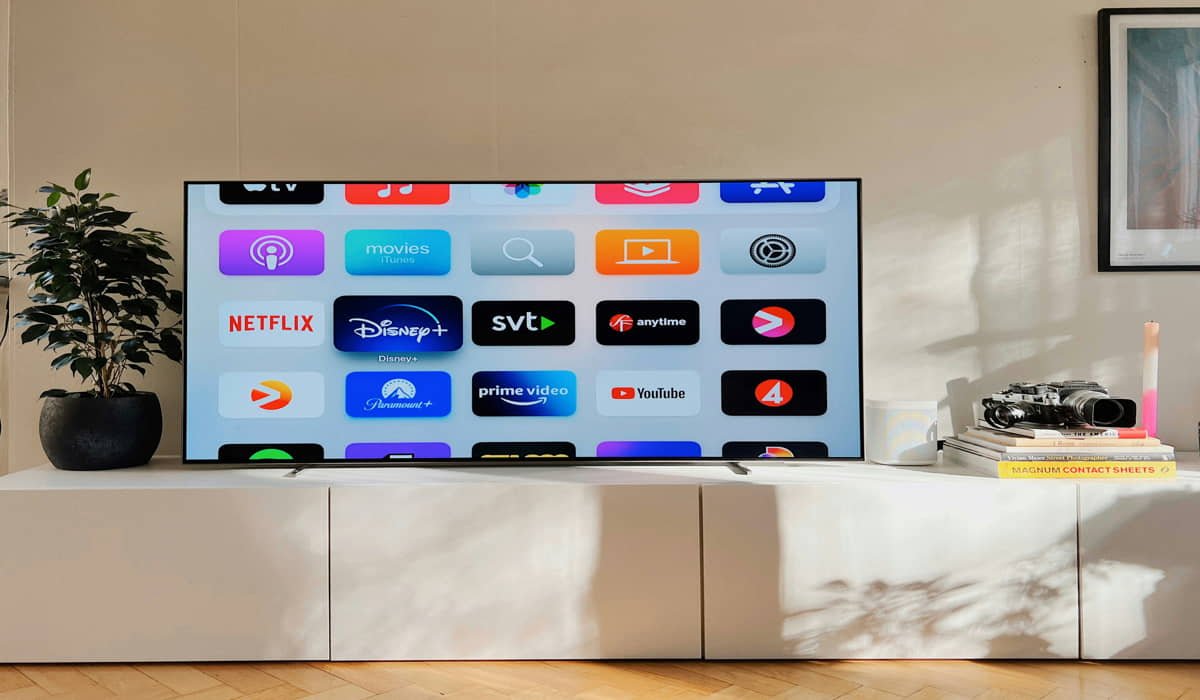How Does IPTV Get Content? Complete Details

IPTV gets content through internet servers instead of traditional cables or satellites. Providers buy licenses from broadcasters, convert shows into digital streams, and send them to your device through your internet connection.
IPTV stands for Internet Protocol Television. It’s like Netflix, but for live TV channels. Instead of using cable wires or satellite dishes, everything comes through the internet.
Where IPTV Content Comes From
IPTV providers don’t make their own shows. They get content from several sources.
TV Networks and Broadcasters: Most content comes from regular TV networks like CNN, ESPN, or BBC. IPTV companies pay these networks for the right to show their channels. It’s like renting movies, but for entire TV channels.
Content Distributors: Some companies specialize in collecting content from many sources. They buy rights from hundreds of channels, then sell packages to IPTV providers. This makes it easier for smaller IPTV companies to offer lots of channels.
Direct From Studios: Big IPTV services sometimes deal directly with movie studios and production companies. This gives them access to newer content faster.
As an Example, Pro IPTV Canada is the biggest and legal provider of IPTV Canada. They directly deal wth big production houses and movie directors. So, they get new content in their service ASAP.
How Content Gets to Your Screen
The journey from the TV studio to your device involves several steps.
Step 1: Content Capture– IPTV providers capture live TV signals from satellites or cable feeds. They use special equipment to record these signals digitally.
Step 2: Digital Conversion– Raw TV signals are huge files. Providers compress them into smaller digital formats. This makes them easier to send over the internet without losing quality.
Step 3: Server Storage– Compressed content goes onto powerful computers called servers. These servers store thousands of channels and on-demand shows.
Step 4: Internet Delivery– When you click a channel, the server sends that specific stream to your device through your internet connection.
Legal vs Illegal IPTV
Not all IPTV services are the same. Some are legal, others aren’t.
Legal IPTV Services: Companies like YouTube TV, Hulu Live, and Sling TV pay proper licensing fees. They have contracts with content owners. These services cost more, but they’re completely legal.
Illegal IPTV Services: Some providers steal content without paying for it. They copy streams from legal sources and resell them cheaply. These services break copyright laws.
How to Tell the Difference: Legal services have clear pricing and customer support. They advertise openly and accept credit cards. Illegal services often have confusing websites, require cryptocurrency payments, and disappear suddenly.
Technical Requirements
IPTV needs good internet to work properly.
Internet Speed: You need at least 10 Mbps for HD channels. 4K content requires 25 Mbps or more. Slower internet means choppy video and constant buffering.
Special Equipment: Most IPTV works on regular devices like smart TVs, phones, and computers. Some providers give you a special box that connects to your TV.
Content Delivery Networks: Big IPTV companies use networks of servers around the world. This puts content closer to you, making streams load faster.
How Providers Make Money
IPTV companies use different business models.
Subscription Fees: Most charge monthly fees like cable companies. Prices range from $20 to $80 per month, depending on channel packages.
Advertising: Some services show ads during programs. This lets them charge lower subscription fees.
Pay-Per-View: Special events like boxing matches cost extra. Customers pay once to watch specific content.
Quality Control and Monitoring
Good IPTV providers constantly check their streams.
24/7 Monitoring: Technical teams watch for problems around the clock. If a channel goes down, they fix it quickly.
Content Scheduling: Providers need accurate TV guides. They track what’s playing on each channel and update listings in real-time.
Regional Restrictions: Some content only works in certain countries. IPTV providers use geo-blocking to follow these rules.
The Future of IPTV Content
IPTV keeps growing as more people cut cable TV.
Traditional broadcasters are starting their own streaming services. This means IPTV providers might need to change how they get content.
Internet speeds keep getting faster. This allows for better video quality and more channels.
IPTV works by connecting content creators with viewers through the internet. Legal providers pay for proper licenses and deliver quality streams. The technology keeps improving, making it easier to watch what you want, when you want it.

